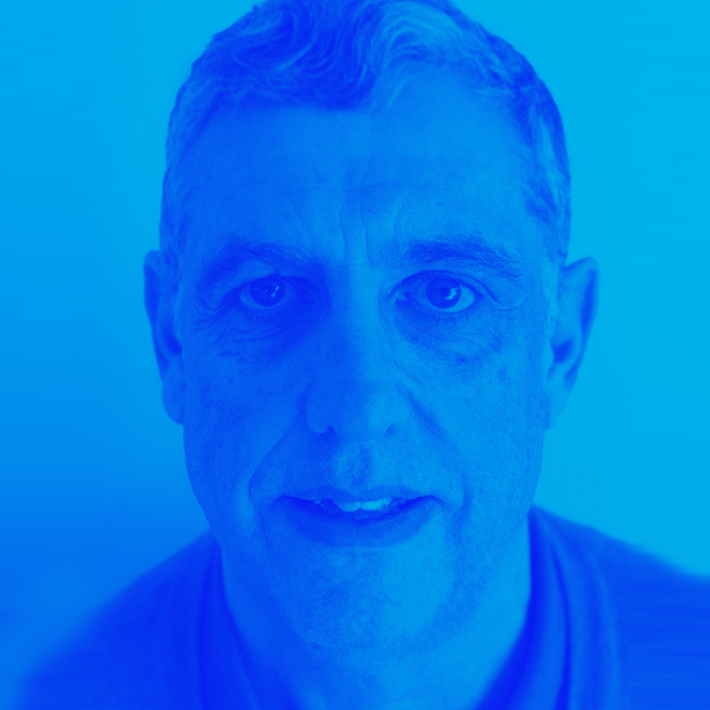
Ian
Urgent Care Assistant
Here, it is possible to be become friends with people you’ve never met.
-
What work did you do before you joined us?
Immediately before working here, I spent 12 years as the UK Sales and Marketing Director for a multinational financial services company. Prior to that I spent 20 years in leadership and learning and development roles, again within the financial services sector.
-
Why did you choose to work for us?
I took early semi retirement in my 50s during which time I trained to be a magistrate. Sitting 3 times a month, I began looking for a part-time role where I could give back to society after so many years in senior roles that served to build my career.
My son is a Doctor and I’ve been acutely aware of the building pressures on the National Health Service. A fellow magistrate’s daughter had been working for Medvivo at the time as an out of hours driver.
This looked like the perfect opportunity to fulfill my ambition of working in a rewarding part-time role that makes a difference to people in local communities. I applied online after carrying out plenty of research and am now coming up to my third year here.
-
What do you get up to on a typical shift?
In a nutshell, we are the resource that ensures the clinician has all the necessary equipment, medications and paperwork to see patients in a safe and caring environment - whether that takes place at one of our Urgent Care bases or on a home visit.
We help clinicians make a positive difference for patients coming into our service. The role is varied because you never know what to expect from each shift. As well as driving clinicians to home visits, you’re responsible for checking medication, equipment (including the vehicles) and paperwork.
You also support patients directly by comfort calling them, if there are any delays in getting in contact with them for triage calls or appointments.
Here’s an example of a recent mobile overnight shift…
On arrival at the Urgent Care base, you check emails and the patient management system to check the status of appointments and home visits. Checks are then carried out on the vehicle you’ll be using, and the equipment and medication cases. For this shift, we started with 2 patients to see in Swindon, followed by another 4 in Chippenham - one of which was at a travelling community site in the countryside.
In between these visits, a further call came in for Bradford-on-Avon which was urgent. And then another in Chippenham, before 2 more urgent visits in Swindon were confirmed.
This was a particularly busy shift although we returned to the base before 8am with time to complete the end of shift checks, tidy the vehicle and replenish any used stock ready for the incoming shift to take over.
-
What do you like most about working here?
I like the supportive nature of this role and that during every shift you are making a difference. Clinicians come from differing cultures and backgrounds. Some are extremely independent and do everything themselves; others you can do as much for them as possible to ensure their focus is completely on their clinical tasks.
Not only are you working with the clinical team, but you’re also in regular contact with the Head Office team of coordinators, call handlers and despatchers, who are brilliant and lovely in equal measure. I never thought it would be possible to become friends with people that I’d not met face-to-face… it is here.
Having a fixed rota really helps to maintain a healthy work/life balance here. I know my shifts a year in advance and although I can pick up extras, this means I can schedule in my judicial work and any social activities.
-
What has been your biggest achievement?
I am probably most proud of the fact that I’ve been able to adapt from a senior corporate role to doing a job that is genuinely helping society.
-
What challenges do you face in your role?
It can be a challenge when you are supporting clinicians who are visiting patients coming to the end of their life.
When a clinician returns to the vehicle and says “the patient is much more settled now”, it honestly feels such a privilege that in a small way you have contributed to the care provided: the patient’s pain is eased and suffering prevented; and their family is given reassuring advice.
Visiting younger patients who are coming to the end of their life’s journey, whilst incredibly sad, it also makes you that bit more determined to live life to the full.
-
What makes someone successful here?
Being a team player and being open to new opportunities that come your way.
-
What would you say to someone who is thinking of working for us?
If you like making a difference and would like to give something back to society, you would be a perfect fit for working here.
Read some of the other profiles on this site and you’ll soon understand how easy it is to make friends here with people you’ve never met.